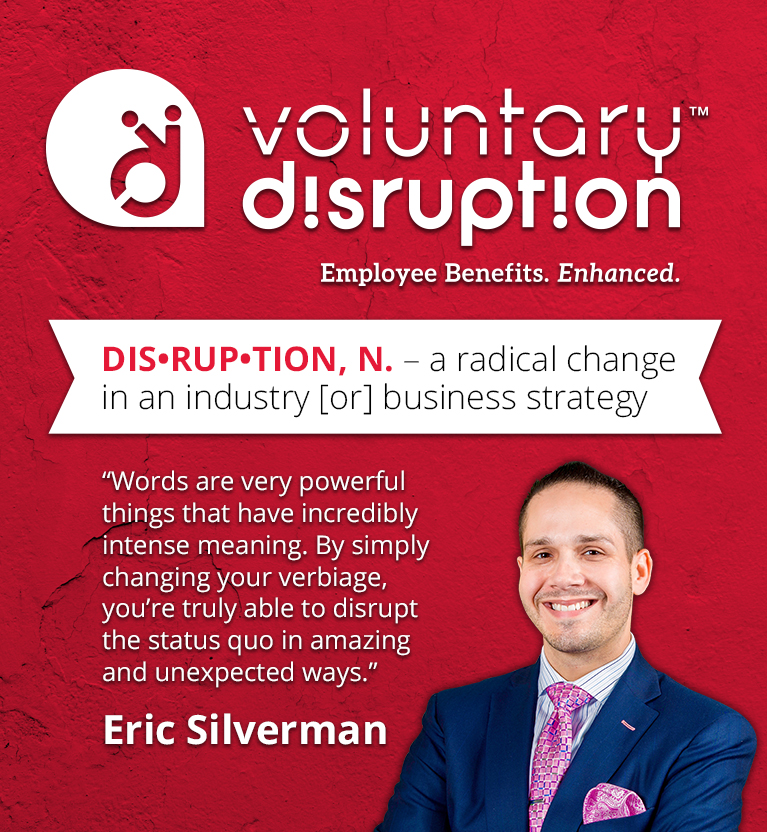When I take on a new client, I start by telling them how the relationship works — and how it doesn’t work. In other words, I’m a big believer in laying down ground rules: What I expect from them as a partner, and what they can expect from me in return.
Recently, a top health adviser partner with whom I do a lot of business in the enhanced benefits space referred me to a broker friend of his who was looking to bring in more “voluntary” revenue.
Over the course of an hour-long conference call, we discussed the ground rules. The broker was excited. I was excited. It seemed like a perfect match, so we got moving.
Initially, he followed the vital strategies that I asked him to do to bring enhanced benefits to his employer clients. First up was a larger case with a few hundred employees. It was a takeover where the company owner and HR said they and their employees were unhappy with their current voluntary carrier and were looking for a change.
It should have been a home run. We brought them a dual-carrier best-in-class strategy on a single point consolidated bill. Most of the products had increased benefits, were half the price of the incumbent and since we were moving them to other brand name A-rated carriers — it was a no-brainer.
All of our initial strategy and set-up is done virtually. The way we work is the adviser sets up a conference call with the employer where we do a screen share and then present our strategy to the client. The broker agreed to the setup, but at the last minute, he decided to go at it on his own.
We reminded him of our conversation when we first met and reviewed again what works and what doesn’t work. In our experience, if we ask a traditional health broker to try to learn the enhanced benefits business inside and out, 99.9 percent of the time, they’re not going to be able to overcome the very common sales objections that are typically brought up when presenting a bespoke enhanced benefits strategy.
Well, you know where this story is going. I spoke with the broker who ran the meeting solo and he gave me the bad news: His employer client is staying with the incumbent carrier.
There’s no reason in a million years why anybody would say no. But bottom line, the broker admitted that he screwed it up. He wouldn’t listen. He went on his own and he couldn’t answer any of the employer’s questions or overcome their objections, leading to confusion and, as the old saying goes, “confusion causes paralysis.”
Be coachable
For us, it’s not the end of the world. Sure, we put time into it, but neither of our firms are going to go out of business. The reality is, he missed a platinum opportunity handed up on a silver platter where he could help his client, help their employees, help himself, and help us. But he didn’t let us do what we’re experts at — what he originally hired us to do.
I’m not saying if we were on the conference call we definitely would have gotten it, but there’s certainly a much higher likelihood. We nearly bat a thousand, and we’ve been doing it this way for years. It just plain works. He apologized and said, “You’re right, I should have listened to you and followed your lead.”
The moral of the story? No one hires and pays a CPA a ton of money to do their taxes and then turns around and tells them how to do their taxes. Nor does anyway bring their car to the auto mechanic and then stand there and micromanage the expert on how to fix it.
Remember, there’s a method to the madness. Be coachable. People who are not coachable take advice, nod their head and tell you what you want to hear. And then, sadly, do the exact opposite. They’ll then come back and try to blame you for the failure: “You said it was going to go well, but it didn’t.”
I always say there’s no such thing as being 99 percent coachable and 1 percent un-coachable – it just doesn’t work that way. You’re either all in or you’re not, because that 1 percent where you disagree with the expert is the world of difference that turns a sure thing into a slammed door.
Do you have a story similar to mine? Have you ever been on my side, the receiving end of someone telling you how to do your job and unfortunately, messing everything up? Have you ever been that someone and realized your mistake after it was too late? Could you relate to my story? If so, share my story on LinkedIn, Facebook and Twitter. Oh, and don’t forget to leave your feedback and tag me. Happy hunting!

